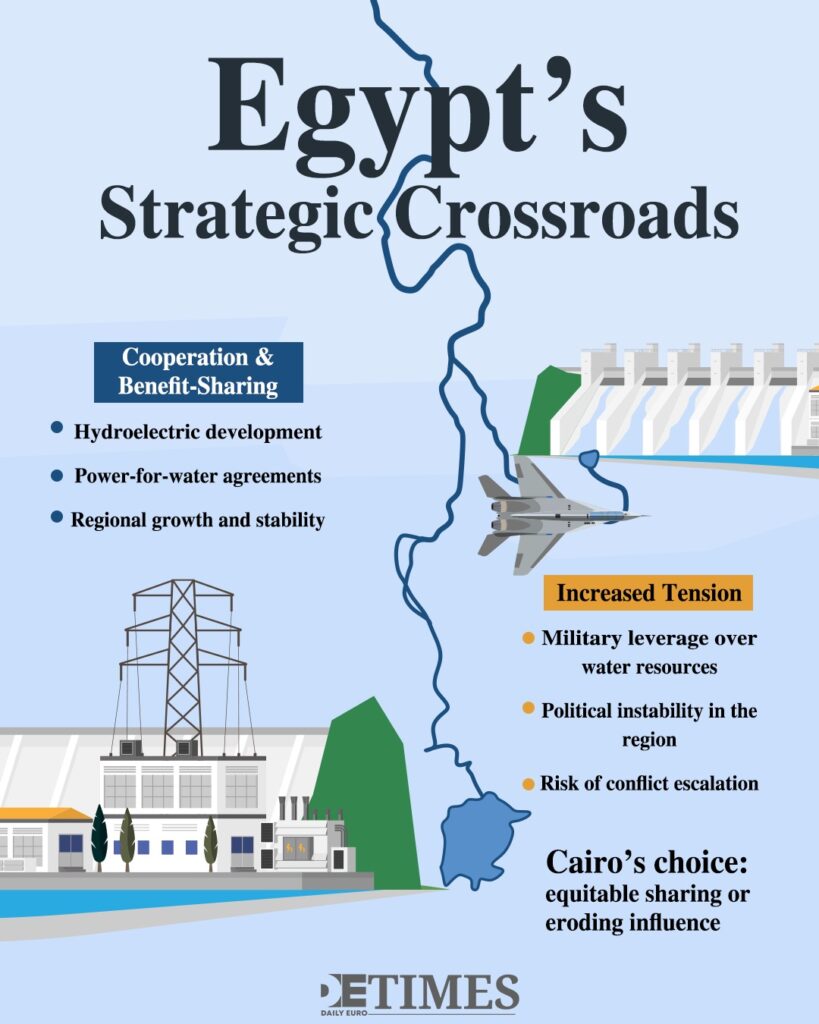Last week, Egypt’s ministers met with Ugandan President Yoweri Museveni in Entebbe to discuss bilateral water cooperation. The talks came mere months after the Cooperative Framework Agreement took effect in October 2024, despite Egypt and Sudan’s vocal opposition.
Egypt continues to describe its water security as “existential” to visiting African leaders.
Cairo has spent decades building its foreign policy around what it sees as historical water rights. Under colonial-era treaties from 1929 and 1959, Egypt secured what many experts call privileged access to Nile waters.
Upstream Nations Break Free From Colonial Constraints
However, upstream nations now reject these arrangements as relics of European imperialism.
Six countries have ratified the Cooperative Framework Agreement including Uganda, Ethiopia, Tanzania, Rwanda, Burundi, and South Sudan.
Uganda’s stance represents more than mere water politics. Kampala essentially tells Cairo that all Nile states possess equal sovereign rights. The message is clear: upstream nations will no longer defer to Egypt’s claimed supremacy.
This compounds existing pressure following Ethiopia’s Grand Ethiopian Renaissance Dam completion. The dam already disrupts Egypt’s traditional control over Nile flows.

Economic Reality Versus Historical Claims
From Uganda’s perspective, denying upstream development makes little sense.
Why should Kampala sacrifice its energy needs to preserve Cairo's agricultural advantage? Economic logic clashes with colonial-era agreements.
Egypt’s predicament runs deeper than water volume.
The country depends on the Nile for 90% of its freshwater needs. Population growth and climate pressures make diversification urgent, yet alternatives remain costly and limited.
Some might argue that energy cooperation could solve water disputes through benefit-sharing arrangements. Trading hydroelectric power for guaranteed water flows seems logical. But this approach still requires Egypt to abandon its historical supremacy claims.
Egypt faces a stark choice between accepting equitable water-sharing or watching its leverage erode. The recent meetings in Entebbe suggest Cairo recognises this dilemma but struggles to adapt its approach.
Economic Pressure May Force Military Calculations
As upstream nations develop their water resources, Egypt’s options narrow. Diplomatic outreach to Uganda and other partners shows willingness to engage. Yet underlying tensions persist over fundamental sovereignty questions.
The real test comes when upstream development truly bites into Egypt’s water supply. Will Cairo accept reduced flows as the price of regional cooperation? Or might mounting domestic pressure push Egyptian leaders toward more direct intervention?
Regional instability in Sudan and South Sudan creates potential opportunities for Egypt to acquire leverage through security partnerships.
Upstream nations banking on solidarity might find their unity tested by economic incentives or military pressures.
Egypt’s water ministers keep talking about cooperation and mutual benefit. Meanwhile, upstream nations press ahead with development projects under the new framework.
The clock ticks toward a reckoning where historical claims meet economic necessities. Uganda’s diplomatic message to Cairo: the age of Nile hierarchy is over.
Keep up with Daily Euro Times for more updates!
Read also:
Nile Tensions: South Sudan at Risk of Renewed Conflict
East African Rift: Europe’s New Fallout With Military Rulers
Uganda: A Safe Haven for Asylum or M23?






